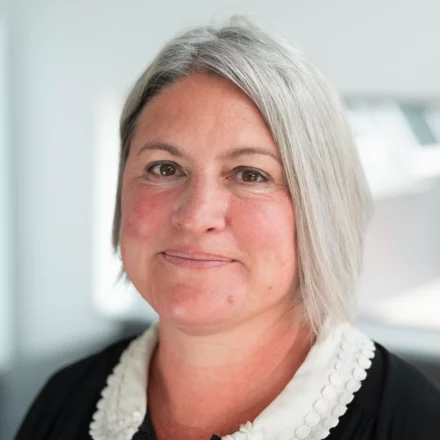
Many parents find it difficult to agree on the arrangements for their children after separating. This can be an extremely stressful and upsetting situation for everyone concerned. The priority should be to shield the children from arguments wherever possible but what should you do when you receive an application for a Child Arrangements Order and what does that mean for your children?
Do not ignore the application
Return the acknowledgment in good time and ensure that the Court have your current contact details. Complete the C1A form (about past harm) if applicable.
Get the advice you need
Some people choose to seek legal advice from a solicitor or barrister, others prefer to go it alone. There are some really helpful resource materials out there including the guidance found on www.gov.uk (CB1), books about navigating the family court process without a lawyer and both the Resolution and CAFCASS websites.
Don’t rule out other avenues of discussion
Even if an application has been issued it is still possible to try to negotiate an agreed solution. You might invite your ex-partner to engage in mediation or ask them to consider a round-table meeting when you (with or without legal representatives) look for a solution together.
What will happen at Court ?
The Family Court is designed to assist people to agree a way forward if possible as it is generally felt that if parents are able to work together for the sake of their children the results will be better than if an Order is imposed on the family. The Court has access to resources such as SPIP (the Separated Parents Information Programme) and can direct parents to attend such a course.
If, at any stage of the process, parents are able to come to an agreement then that can be recorded and approved as an Order.
If it is not possible to reach an agreement then the Court will give directions, such as each providing a statement and perhaps for a s7 report (see below), and time-table any further hearings deemed necessary. If you and your ex are not able to reach an agreement prior to the final hearing date then the Court will listen to each of you give your evidence and will then make a decision as to what the Court Order will be.
What involvement will CAFCASS have ?
Prior to the First Hearing (FHDRA) the Family Court Adviser will speak to each of you. During that initial call they will be ascertaining whether there are any safeguarding issues that need to be further investigated and looking for any common ground between you. CAFCASS will also undertake background checks through the police and through social services. They will prepare an initial letter for the Court and both you and your ex-partner should receive a copy of this prior to the first hearing date.
Sometimes when at Court for the first hearing it is possible to speak to a CAFCASS officer again to see whether an agreed resolution can be achieved. The CAFCASS officers will generally see you separately if they are at Court on that occasion.
The CAFCASS officer might consider that a section 7 report should be prepared [Section 7 of the Children Act 1989]. This would involve an officer from the service being allocated to your case and asked to provide the Court with a report detailing their investigations (speaking to you and to your ex-partner and to the children) and setting out some recommendations for a Court Order. These reports generally take between 10 and 12 weeks to prepare.
What other resources might be useful for my children ?
The CAFCASS website has a really useful link to the Family Justice Young People’s Board (FJYPB) which has a number of “top tips” and the CAFCASS website also has a section for “Young people” which includes stories written by children who have had experience of the process.
Please do contact any of the members of our highly experienced private law team to seek assistance
